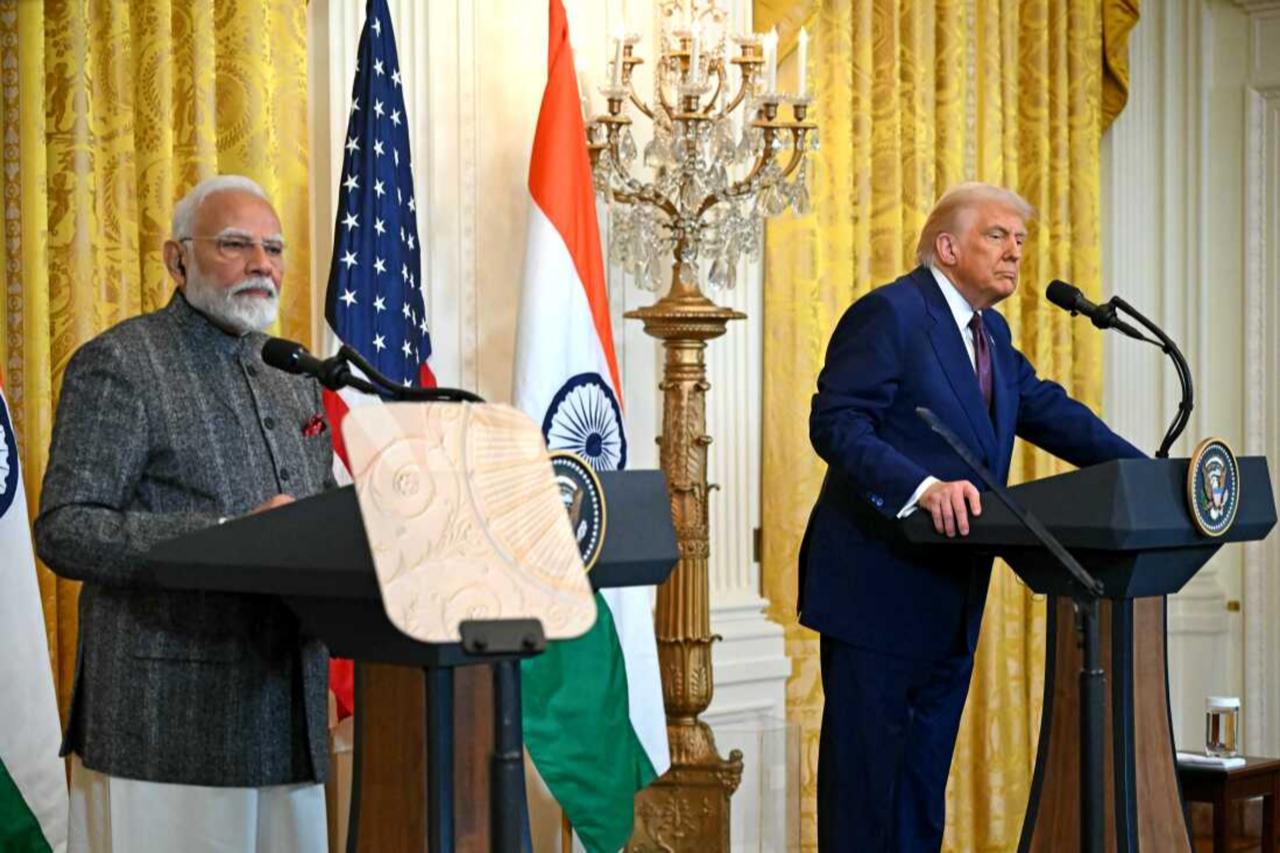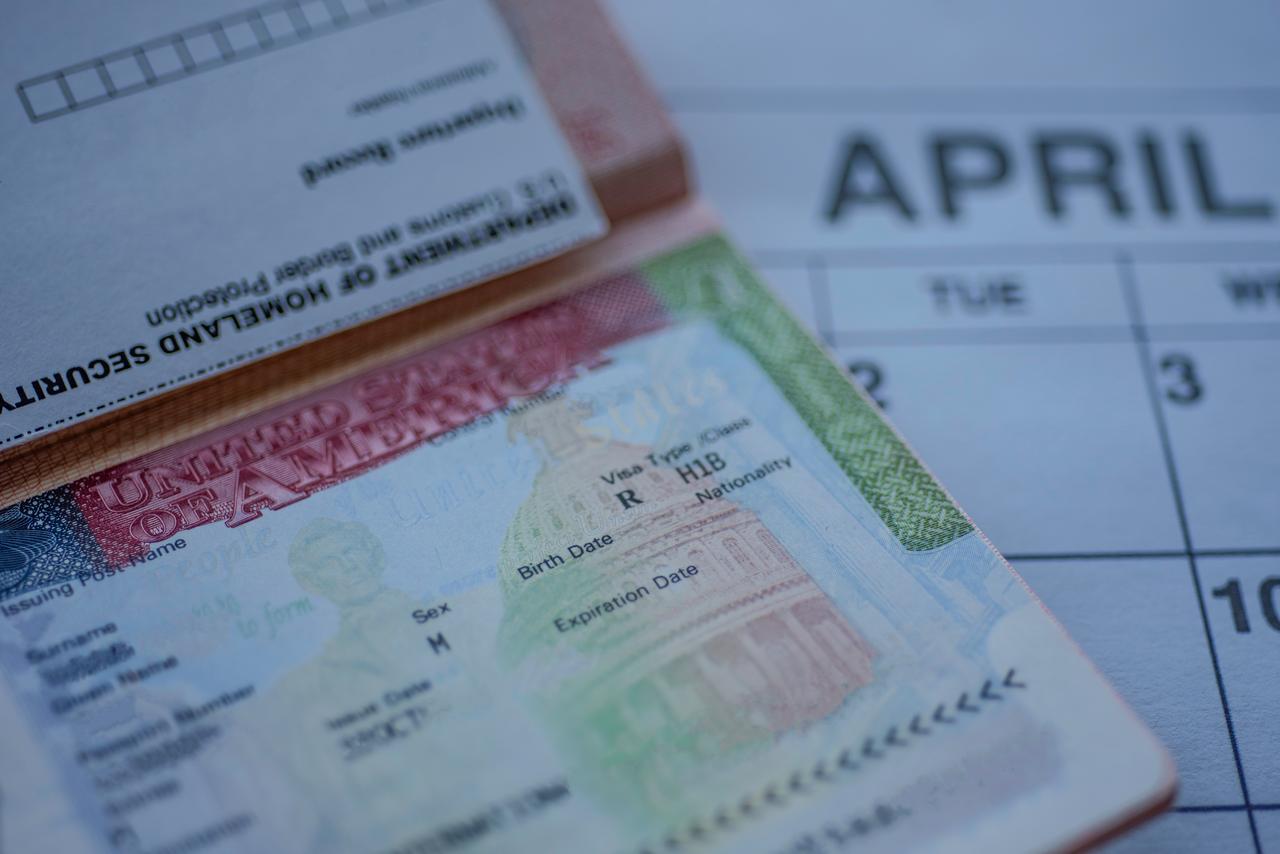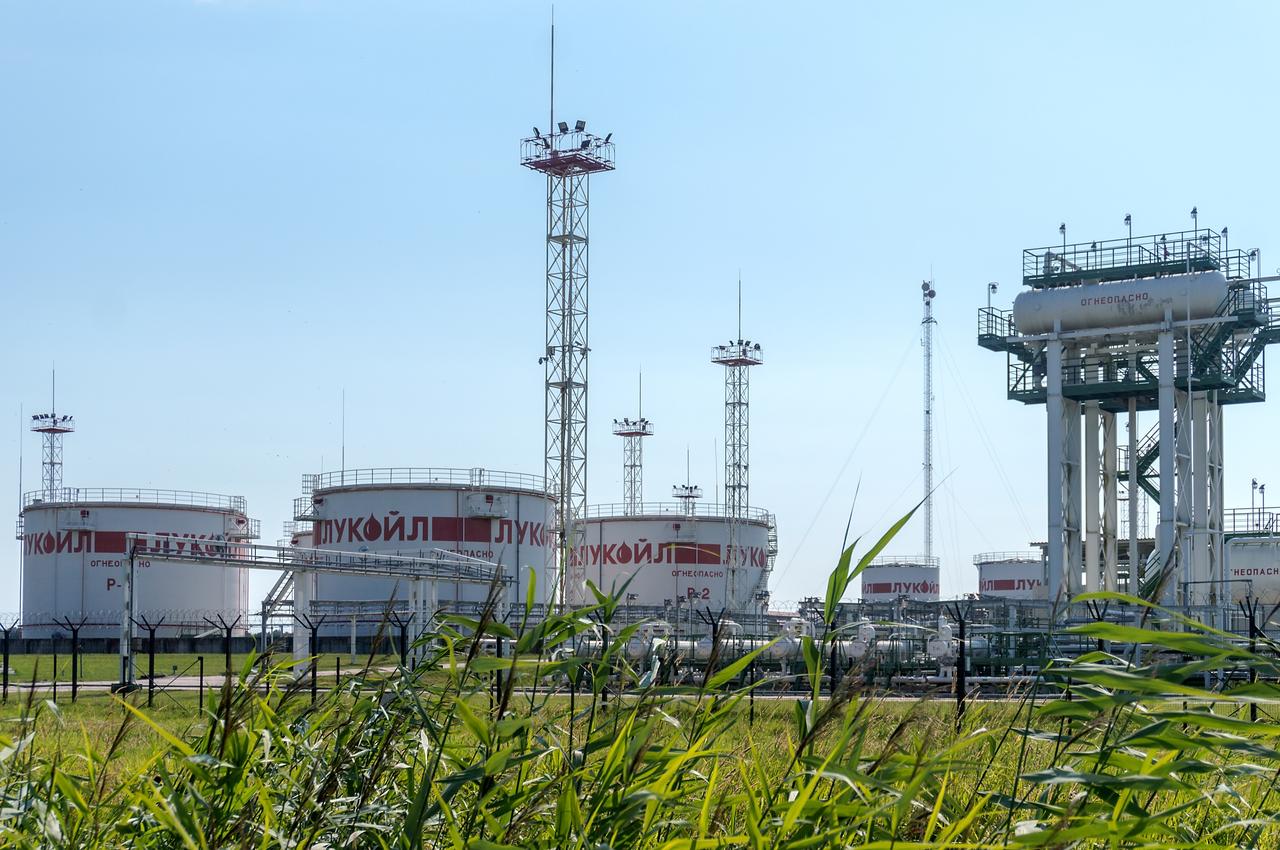
U.S. President Donald Trump on Monday announced plans to substantially raise tariffs on Indian imports, claiming that New Delhi is purchasing large quantities of Russian oil and reselling it on the international market for profit.
“India is not only buying massive amounts of Russian oil, they are then, for much of the oil purchased, selling it on the open market for big profits,” Trump wrote in his post on Truth Social. “They don’t care how many people in Ukraine are being killed by the Russian war machine. Because of this, I will be substantially raising the tariff paid by India to the USA.”
Trump did not specify the scope or timing of the tariff increase. However, the existing 10% U.S. tariff on Indian goods is expected to rise to 25% by Thursday.
The comments highlight tensions over India’s ongoing energy relationship with Moscow. Trump has previously warned of potential penalties related to India’s defense and energy ties with Russia, which he views as undermining Western efforts to curtail Russian revenue streams amid the war in Ukraine.
Russian oil made up an estimated 35% to 40% of India’s total crude imports last year. Indian officials have not issued a formal response to the president’s latest remarks.
Following Trump’s statement, Republican Representative Marjorie Taylor Greene voiced support for stronger measures, including immigration restrictions. She called for an end to the H-1B visa program that enables U.S. companies to hire skilled foreign workers, a program widely used by Indian nationals.
“End Indian H1-B visas replacing American jobs instead and stop funding and sending weapons to the Obama/Biden/Neocon Ukraine Russia war,” Greene posted on X.

India’s Foreign Ministry responded to Trump’s remarks, saying that the United States and European Union were “targeting” India over its Russian oil purchases.
“The targeting of India is unjustified and unreasonable,” ministry spokesman Randhir Jaiswal said in a statement. “Like any major economy, India will take all necessary measures to safeguard its national interests and economic security.”
Trump’s tariff warning comes as diplomatic discussions continue between the U.S. and Russia. The Kremlin is preparing to host Steve Witkoff, Trump’s special envoy, who is scheduled to meet Russian President Vladimir Putin this week.
Trump has indicated that if no progress is made toward a peace agreement with Ukraine by Friday, further sanctions on Russia may follow.
Details of Witkoff’s visit or the possible outcomes of the talks have not been disclosed.
India has so far defended its energy dealings with Russia as a matter of economic and strategic necessity. Throughout the Ukraine conflict, the Indian government has adopted a policy of neutrality, resisting pressure to align with Western sanctions.
No official statement has been released by New Delhi regarding Trump’s latest threats.

In response to Trump’s remarks, Russian Foreign Ministry spokeswoman Maria Zakharova accused Washington of using tariffs and sanctions as tools to undermine other countries’ national sovereignty. She said these measures reflect the United States’ struggle to accept a shift toward a multipolar global order.
Zakharova described U.S. trade actions as a form of “politicized economic pressure” and warned of consequences such as weakened global growth, disrupted supply chains, and the erosion of free trade principles. She noted that countries including Brazil are also facing increased U.S. economic pressure, which she said contradicts the West’s earlier support for open trade.
“We believe that no tariff wars and sanctions can do anything about the natural course of history,” Zakharova stated, adding that Russia intends to deepen cooperation with BRICS nations and other partners in the Global South to counter unilateral sanctions and promote a more equitable world order.
Trump has recently criticized the BRICS countries, including both Brazil and India, describing their policies as a threat to the U.S. dollar and announcing additional tariffs against them.
In his latest move, U.S. President Donald Trump set a 10-day deadline for Russia to agree to a ceasefire in Ukraine, threatening sanctions that include 100% tariffs on Russian exports and on all other nations that continue to trade with Russia.